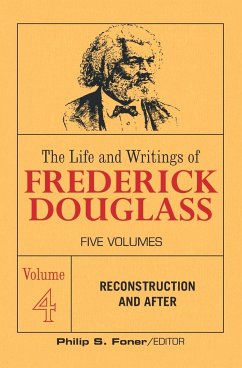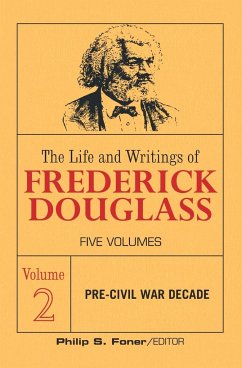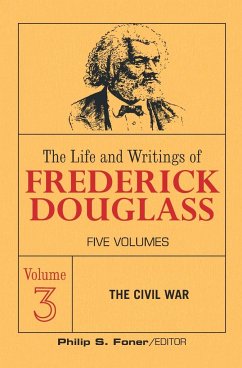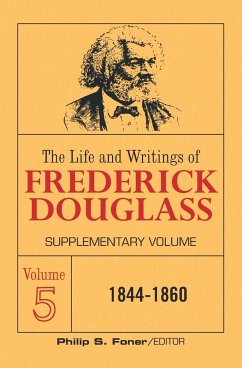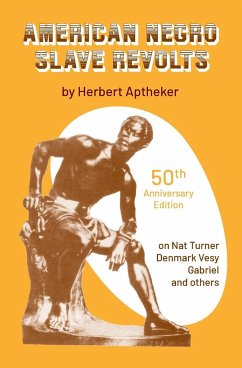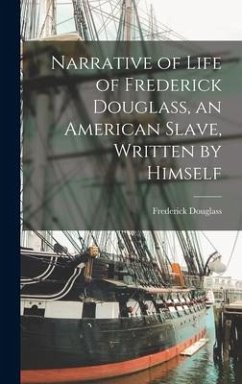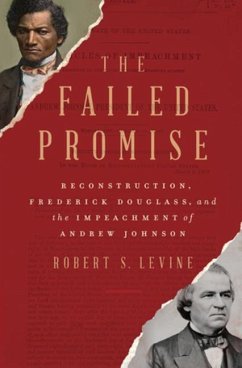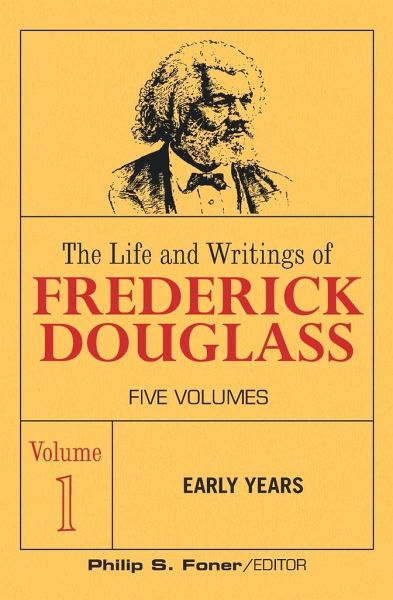
The Life and Wrightings of Frederick Douglass, Volume 1
Early Years
Herausgeber: Foner, Phillip Sheldon
Versandkostenfrei!
Versandfertig in 1-2 Wochen
24,99 €
inkl. MwSt.

PAYBACK Punkte
12 °P sammeln!
When Frederick Douglass, the outstanding Negro leader of the last century, died in 1895, he left behind a vast body of writings and speeches. Scattered all over the country, most of this material remained forgotten for almost half a century. Dr. Philip S. Foner spent eight years collecting and preparing it for publication. Dr. Foner has also contributed a full-length biography of Douglass, which may well be considered definitive. In "Early Years" the reader will find material written by the young Douglass, who had only just escaped from slavery. Even before he was thirty, Douglass was emerging...
When Frederick Douglass, the outstanding Negro leader of the last century, died in 1895, he left behind a vast body of writings and speeches. Scattered all over the country, most of this material remained forgotten for almost half a century. Dr. Philip S. Foner spent eight years collecting and preparing it for publication. Dr. Foner has also contributed a full-length biography of Douglass, which may well be considered definitive. In "Early Years" the reader will find material written by the young Douglass, who had only just escaped from slavery. Even before he was thirty, Douglass was emerging as the foremost spokesman of the Abolitionist movement. The founding of his newspaper, The North Star, his relations with William Lloyd Garrison, Wendell Phillips, and Horace Greeley, his championship of woman's rights are presented here in rich profusion.





